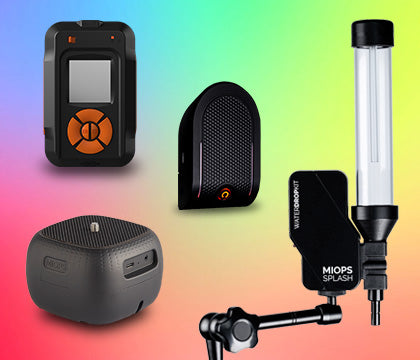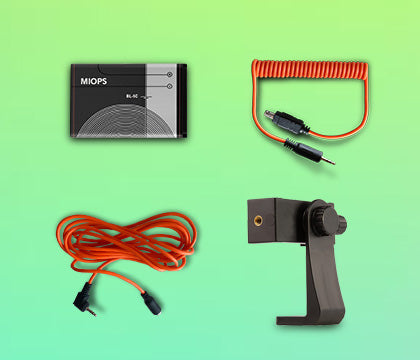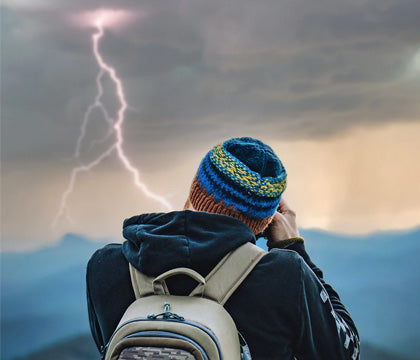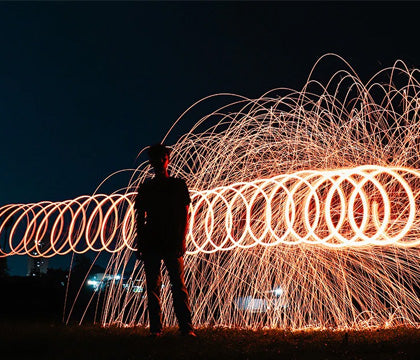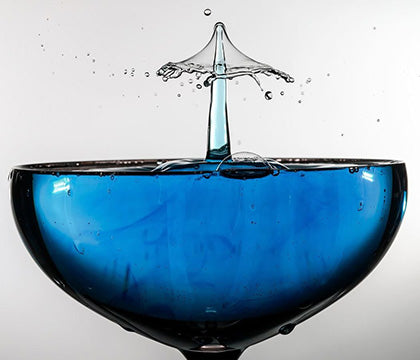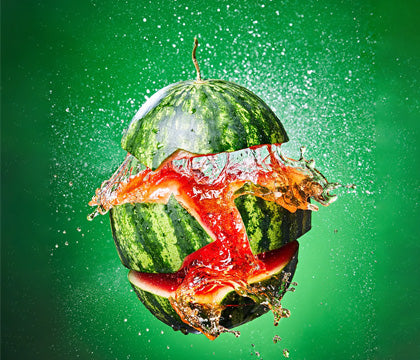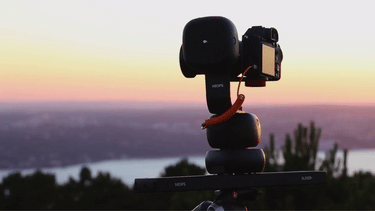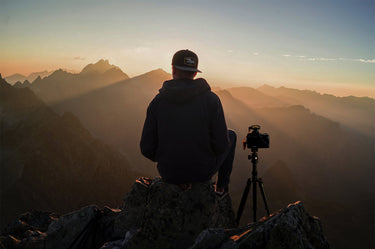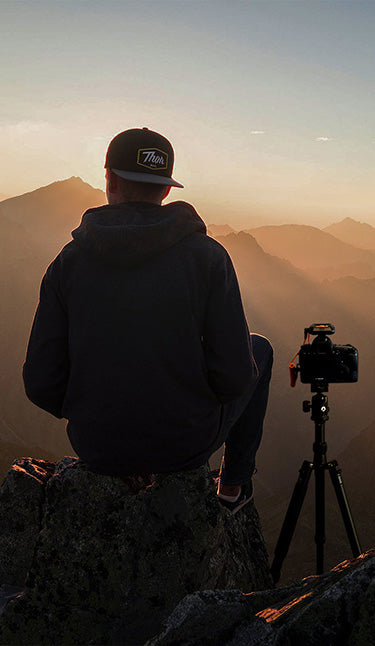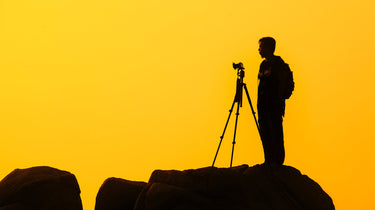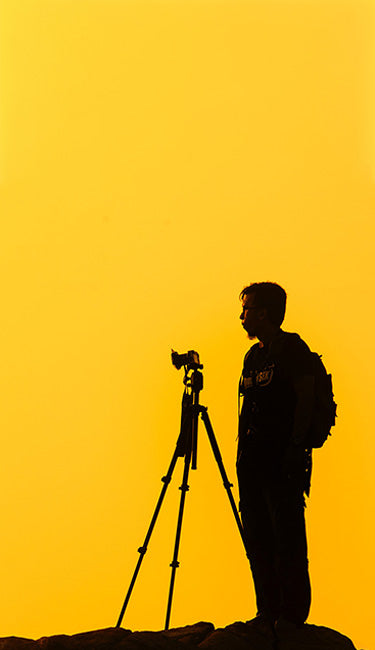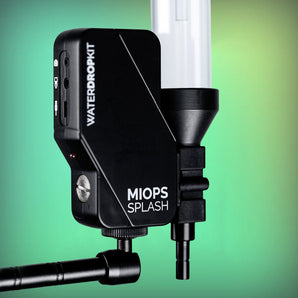Unleash Your Creative Spirit, Capture the Unexpected
MIOPS isn't just about gear. It's about pushing your creative boundaries and capturing the moments that take your breath away. We believe that everyone has the potential to be a storyteller, and our products are designed to empower you to do just that.
Transform Time, Effortlessly:
Timelapse for All
MIOPS makes timelapse photography simple for everyone, from beginners to professionals. Capture hours of footage in mesmerizing moments, effortlessly creating compelling stories. With MIOPS, the magic of time is easily within your grasp
 Unleash Your Creative Spirit
Unleash Your Creative Spirit Capture the Unexpected
Capture the Unexpected Unleash Your Creative Spirit
Unleash Your Creative Spirit Capture the Unexpected
Capture the Unexpected Unleash Your Creative Spirit
Unleash Your Creative Spirit Capture the Unexpected
Capture the UnexpectedFlexible Intervals, Endless Possibilities
Whether it's capturing the swift dance of floating clouds or the slow, mesmerizing growth of flowers, adjust intervals to fit your vision. From rapid city movements to the subtle changes in nature, MIOPS is your all-in-one solution for every timelapse challenge.
TimeWarper: Evolve Your Timelapse Technique
Step into the realm of TimeWarping for timelapses that redefine creativity. By altering intervals throughout your shoot, you can create mesmerizing timelapses that smoothly transition from slow, detailed captures to fast, dynamic sequences, showcasing time in a whole new light.
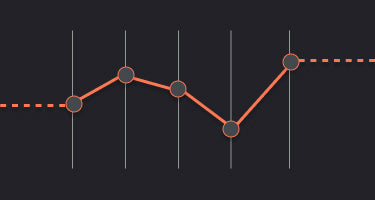

Effortless Plug-and-Play
No complex setup required. Simply connect and start shooting.
Master the Art of
Long Exposure
Timelapses
Experience the magic of long exposure timelapse with MIOPS TimeLapse. Perfectly capture the dynamic trails of moving cars, transforming bustling cityscapes into rivers of light. This versatile tool allows you to explore the beauty of extended exposures, bringing a new dimension to your timelapse photography.
Select Your Camera Trigger for Timelapse Photography
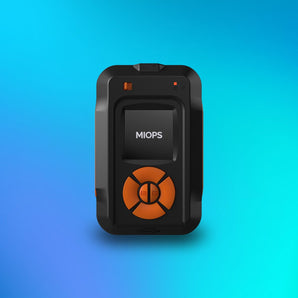
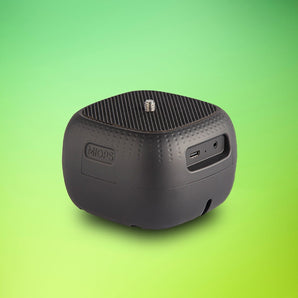
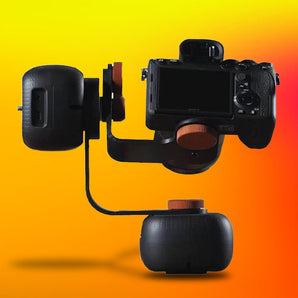
Newsletter
Be the first to know about exclusive offers, photography tips, and product updates.
Join our newsletter today and unleash your creative potential.
Learn More About Time-Lapse Photography
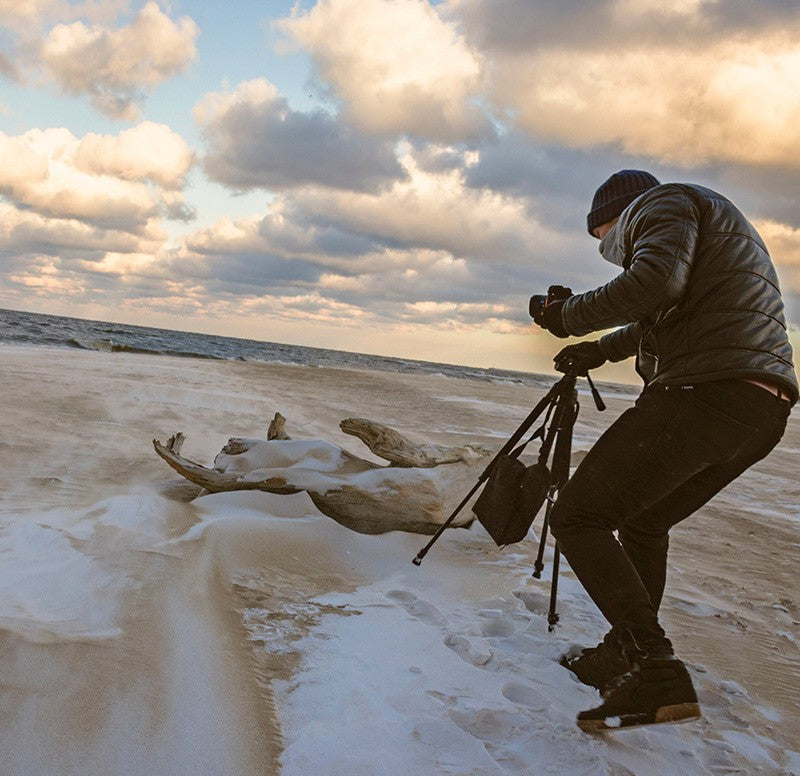
What is Timelapse Photography?
Timelapse photography is a photography workflow that is done to create amazing video clips that illustrate movement, processes, and transition that happens over long periods of time. Time-lapse photography is often a great way to create beautiful dynamic imagery of the changing environment in landscape photography, the rapid changes in urban locations, as well as to document long processes such as the growth of plants, the budding of flowers, and as well as construction of large infrastructure.
Timelapse photography offers a way to capture these long term processes and illustrate them into compressed video clips that span a few minutes. Timelapse photography is done by taking hundreds or even thousands of photos taken seconds or minutes apart with the camera either kept steady on a tripod or with minute positional adjustments through specialized motion tools. The photos are then put together in sequence to show the progression of the scene in a faster pace.

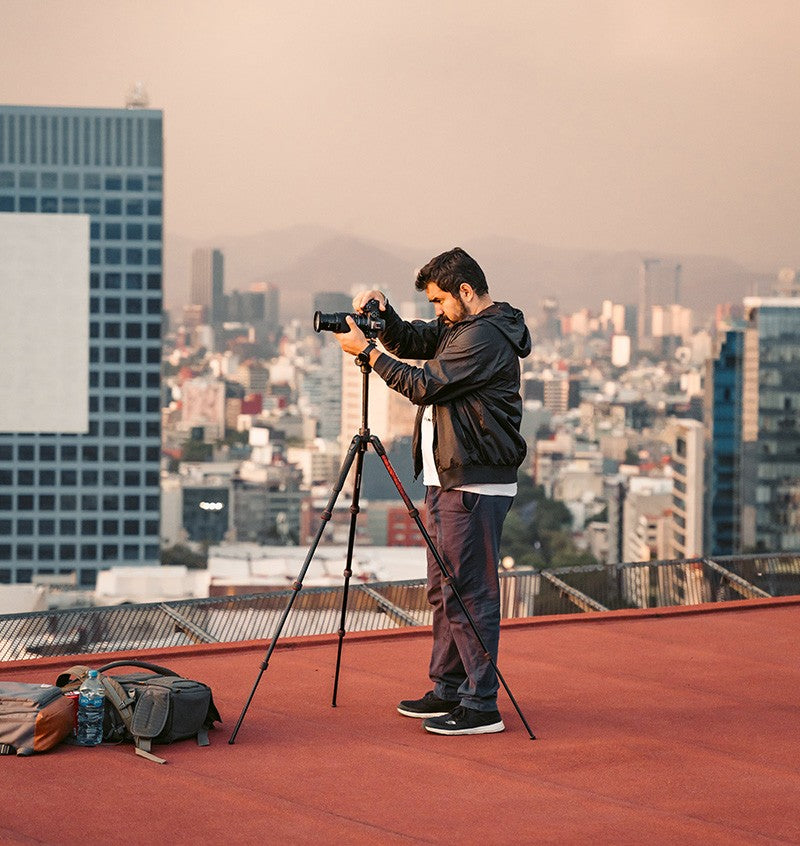
What Do You Need for Timelapse Photography? Recommended Equipment
Timelapse photography is something that can be done with most cameras. In fact, even smartphones are able to shoot timelapse videos however, there are a lot more limitations which is why full sized cameras are still preferable to produce the best possible output. On top of the list of timelapse photography equipment is a camera preferrably with full manual functions. This allows the photographer to have full control of exposure settings that would bring out the best detailed images despite the changes in the lighting environment.
Another crucial tool for this is a sturdy tripod to keep the camera in position for the duration of the shoot. These shoots often take long hours and the tripod’s role is to keep it in place for the timelapse to be as smooth as possible. For a more dynamic and more adaptive shooting process, camera remote triggers with interval shooting functions are very helpful. By setting the camera to bulb, the camera trigger can take over the shooting process and make sure that all precise time intervals and long exposure times are done perfectly. For more dynamic clips, camera motion tools can be used to create dynamic movement in minute precise increments that result in smooth moving timelapse photography clips.

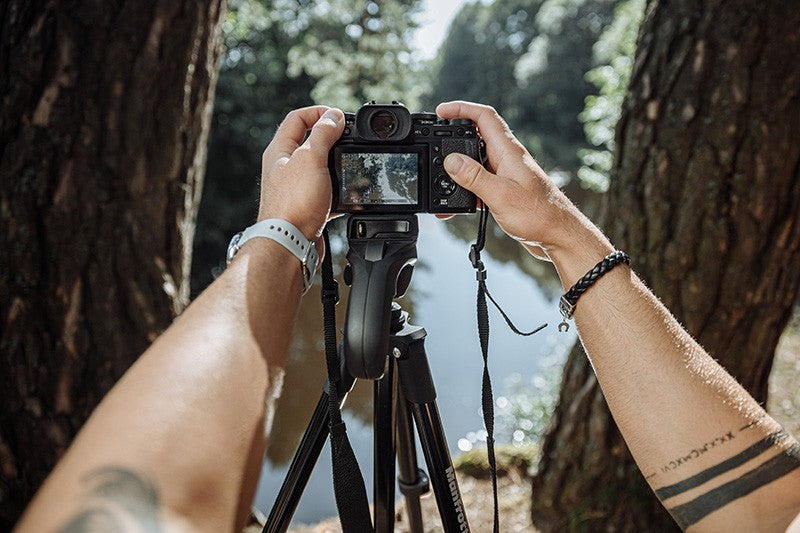
How to Take Perfect Time Lapse Photos? Recommended Settings
The goal of determining your timelapse photography settings is to achieve properly exposed images that are clear and sharp. The settings depend entirely on the lighting environment and being able to adapt to the constant changes in it. Timelapse photo settings are detemined in the same way as you would determine a single exposure image.
However you can either adapt to further changes in lighting by adjusting the exposure settings from time to time when you anticipate changes like decreasing daylight as the sun sets, at the same time, you can also use adaptive automatic modes such as Program mode or Aperture priority so that the camera can play a role in adapting to the necessary changes.
Program mode can be used for shooting sequences that do not require strictly maintaining a particular depth of field. However, for most timelapse videos, especially those that deal with outdoor scenes, Aperture Priority mode is used to assure that the entire frame is kept in focus and the camera is then allowed to compensate using adjustments in shutter speed or exposure time.

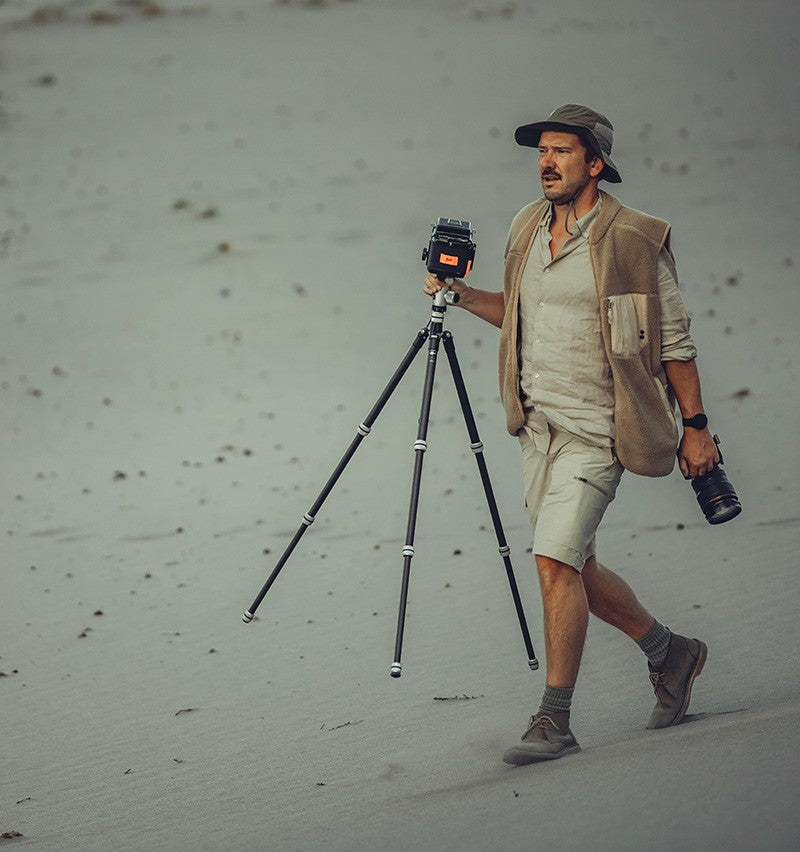
Tips for Time Lapse Photography? How to Make it Easier?
The most crucial part of doing time-lapse photography is doing it at the right time and the right environment. Specifically for landscape photography timelapse workflows, it is best to capture particular moments that have drastic changes in the environment. Most commonly these are during sunrise, sunset, and the surrounding hours of twilight. By shooting around those times, you will be able to capture multiple transitions in the environment and beautifully illustrate how such environment drastically evolves with the passing of time. Paired with beautiful framing and composition, this should lead to breath taking results.
A variety of tools are also available to make your timelapse photography workflow more efficient. These tools allow you to apply motion effects, as well as gives you an option to automate the shoting process for an easier shoot. Timelapse photography tricks and effects can be done in automated processes with smart timelapse camera triggers and camera motion tools.
- Camera triggers allow you to set your exposure and time interval settings and leave it to execute the shooting process with ease. On the other hand, motion capsules and sliders can also be used to infuse movement in an automated and precise manner so you can just sit back and relax while the shoot is happening and enjoy the view with your very eyes.

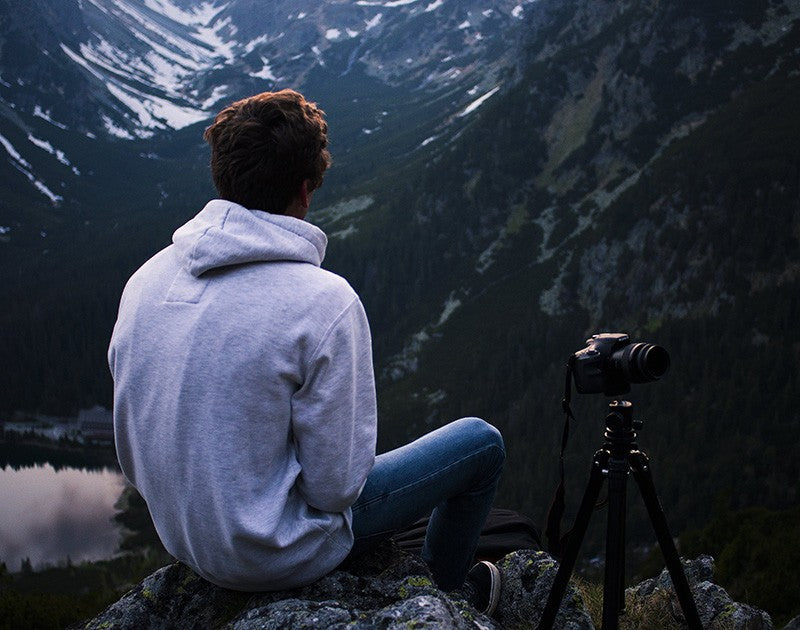
What is Timewarp in Timelapse Photography?
Timewarp is another creative technique to infuse a different perspective and achieve more dynamism in your images. Timewarp in timelapse is show quite differently. When shooting timewarp photos, the camera is commonly on the move and traveling through a certain path. With this, it captures the perspective of a moving point of view, and also captures the movement of everything around it.
This is most effective when shooting towards a particular point of interest or iconic element in a scene and going through a busy crowd of people or any other path with a lot of moving elements. With all these movements, it gives the impression that time is moving much quicker and makes for an amazing scene transition.

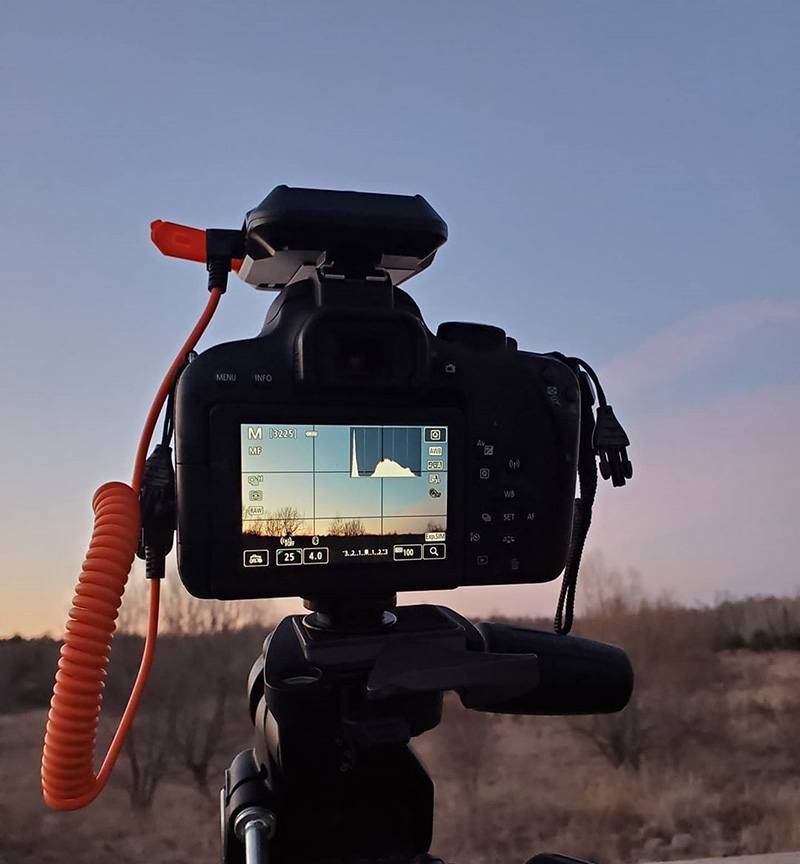
What is Intervalometer and Why Should We Use it?
The MIOPS Smart+ is a revolutionary intervalometer that serves as a perfect tool for various techniques in landscape photography, special effects, HDR, and timelapse photography. The Smart+ can be used either as a standalone camera trigger on top of the camera or it can be used as a camera remote with the use of a smartphone and the MIOPS Mobile app.
With any of these configurations, the Smart+ offers amazing solutions. From as simple as a precisely controlled interval shooting to create dynamic timelapse sequences, to capturing lightning strikes to be assembled into a dramatic stormlapse clip, the Smart+ offers automation in shooting through its fully controllable interface and with the use of various sensors for motion, lightning, and sound.



